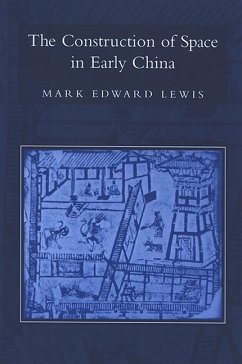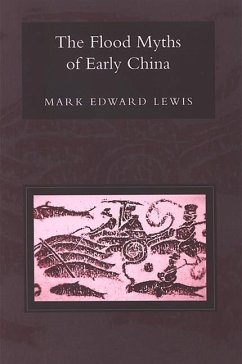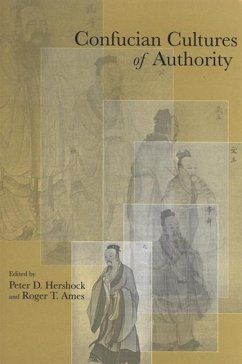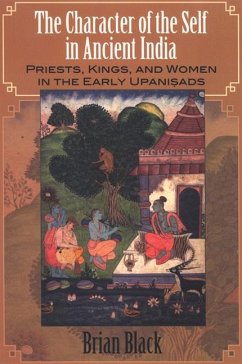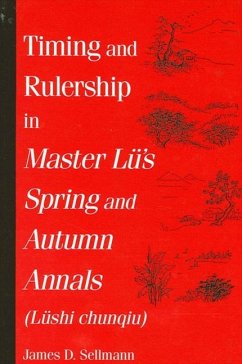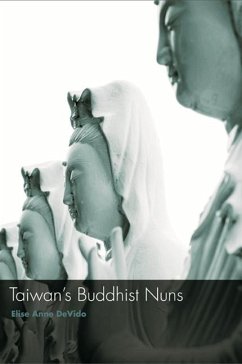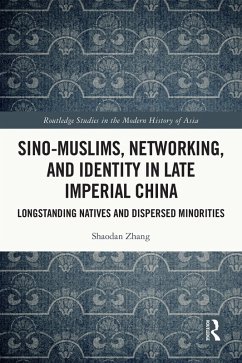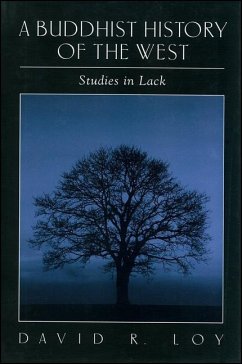
The Politics of Mourning in Early China (eBook, PDF)

PAYBACK Punkte
13 °P sammeln!
Looks at mourning practices during the Han dynasty to reassess whether filial piety was the overriding model for society and governance in early China.The Politics of Mourning in Early China reevaluates the longstanding assumptions about early imperial political culture. According to most explanations, filial piety served as the linchpin of the social and political order, as all political relations were a seamless extension of the relationship between father and son-a relationship that was hierarchical, paternalistic, and personal. Offering a new perspective on the mourning practices and funer...
Looks at mourning practices during the Han dynasty to reassess whether filial piety was the overriding model for society and governance in early China.
The Politics of Mourning in Early China reevaluates the longstanding assumptions about early imperial political culture. According to most explanations, filial piety served as the linchpin of the social and political order, as all political relations were a seamless extension of the relationship between father and son-a relationship that was hierarchical, paternalistic, and personal. Offering a new perspective on the mourning practices and funerary monuments of the Han dynasty, Miranda Brown asks whether the early imperial elite did in fact imagine political participation solely along the lines of the father-son relationship or whether there were alternative visions of political association. The early imperial elite held remarkably varied and contradictory beliefs about political life, and they had multiple templates and changing scripts for political action. This book documents and explains such diversity and variation and shows that the Han dynasty practice of mourning expressed many visions of political life, visions that left lasting legacies.
The Politics of Mourning in Early China reevaluates the longstanding assumptions about early imperial political culture. According to most explanations, filial piety served as the linchpin of the social and political order, as all political relations were a seamless extension of the relationship between father and son-a relationship that was hierarchical, paternalistic, and personal. Offering a new perspective on the mourning practices and funerary monuments of the Han dynasty, Miranda Brown asks whether the early imperial elite did in fact imagine political participation solely along the lines of the father-son relationship or whether there were alternative visions of political association. The early imperial elite held remarkably varied and contradictory beliefs about political life, and they had multiple templates and changing scripts for political action. This book documents and explains such diversity and variation and shows that the Han dynasty practice of mourning expressed many visions of political life, visions that left lasting legacies.
Dieser Download kann aus rechtlichen Gründen nur mit Rechnungsadresse in A, D ausgeliefert werden.




